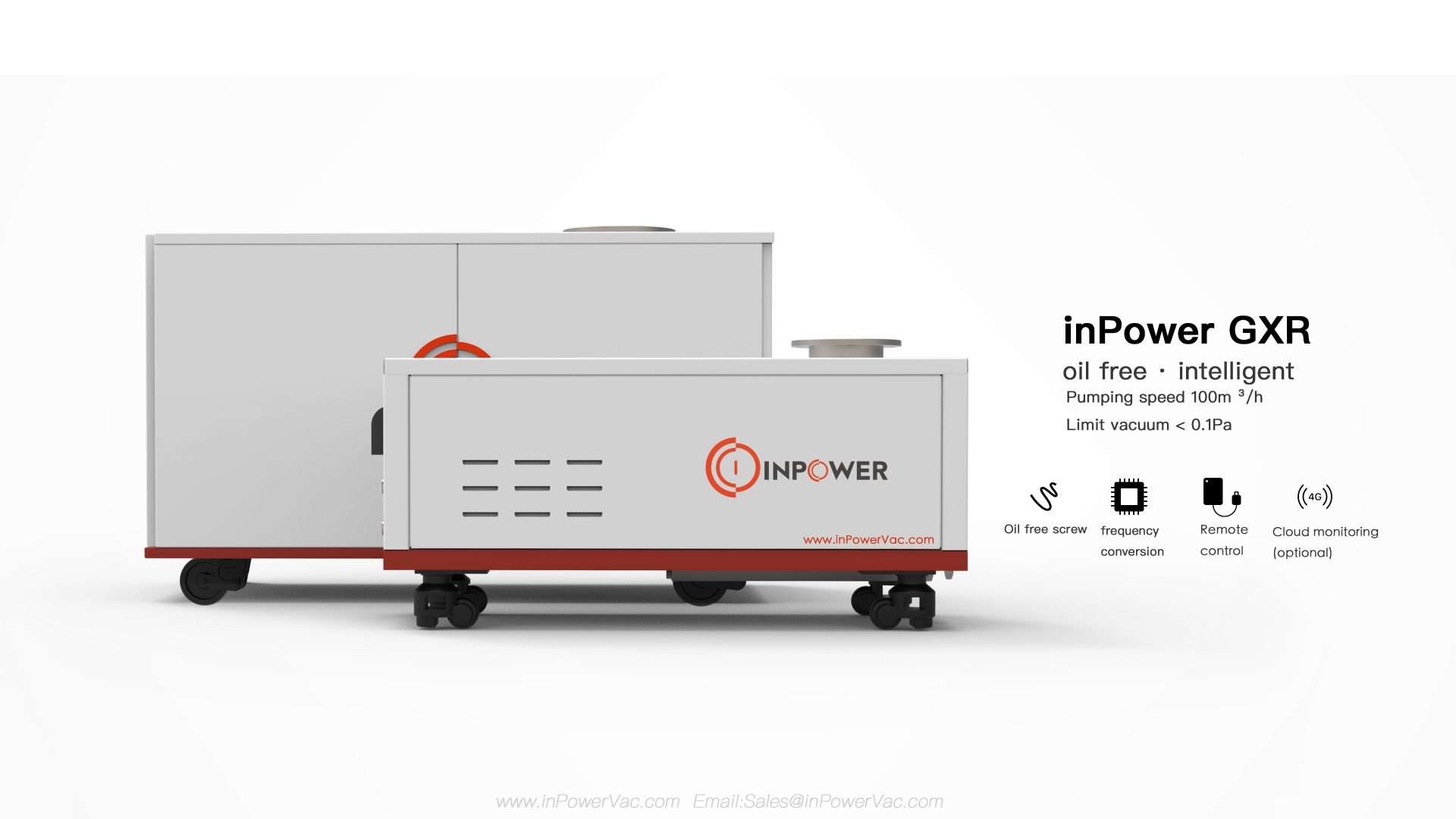Table of Contents
- Introduction
- The Role of Vacuum Pumps in Medical Device Manufacturing
- Types of Vacuum Pumps Used in Medical Device Manufacturing
- The Benefits of Using Vacuum Pumps in Healthcare
- Applications of Vacuum Pumps in Medical Device Manufacturing
- Maintenance and Best Practices
- Conclusion
Introduction
In the ever-evolving world of healthcare, precision and reliability are not just desirable; they are imperative. This is where our “Healthcare Heroes: Vacuum Pumps in Medical Device Manufacturing” come into play. Vacuum pumps are pivotal in manufacturing high-precision medical devices, ensuring they meet stringent quality and safety standards. But what makes vacuum pumps indispensable in this sector, and how do they enhance the efficiency of medical device production? Let’s dive into the details.
The Role of Vacuum Pumps in Medical Device Manufacturing
Vacuum pumps serve as the backbone of the medical device manufacturing process. These pumps are crucial in creating a controlled environment, free of contaminants and moisture, which is essential for the production of sensitive medical devices. By removing air and other gases from a sealed volume, vacuum pumps ensure that medical devices are manufactured to the highest standards of cleanliness and accuracy.
Types of Vacuum Pumps Used in Medical Device Manufacturing
Rotary Vane Pumps
Rotary vane pumps are among the most commonly used vacuum pumps in the medical device manufacturing industry. These pumps are known for their durability and efficiency, making them ideal for applications requiring a consistent vacuum. Rotary vane pumps are particularly useful in processes that involve sterilization, as they provide a stable vacuum environment.
Diaphragm Pumps
Diaphragm pumps are another popular choice in medical device manufacturing. These pumps are highly suitable for applications involving corrosive gases or liquids, as they are designed to avoid contamination of the working fluid. Diaphragm pumps excel in applications requiring absolute hygiene, such as the production of pharmaceutical products and lab testing.
Scroll Pumps
Scroll pumps are renowned for their high efficiency and low maintenance requirements. These pumps are often used in applications that require an oil-free vacuum, such as medical imaging devices and electronic components. Scroll pumps operate quietly, making them ideal for use in hospital and clinical environments where noise control is crucial.
The Benefits of Using Vacuum Pumps in Healthcare
Using vacuum pumps in medical device manufacturing offers several key benefits:
- Precision Manufacturing: Vacuum pumps ensure a contaminant-free environment, critical for the precision required in medical device manufacturing.
- Enhanced Safety: By maintaining a clean and controlled environment, vacuum pumps contribute to the safety and reliability of medical devices.
- Cost-Effectiveness: Vacuum pumps improve manufacturing efficiency, reducing production costs and waste.
- Versatility: Vacuum pumps are versatile and can be used in a wide range of applications, from surgical instruments to pharmaceutical packaging.
Applications of Vacuum Pumps in Medical Device Manufacturing
Medical Imaging Devices
Vacuum pumps play a crucial role in the production of medical imaging devices such as MRI machines and CT scanners. These devices require a vacuum environment to operate effectively, ensuring clear and accurate imaging results.
Surgical Instruments
The production of surgical instruments demands the highest precision and cleanliness standards. Vacuum pumps help create a sterile environment, essential for manufacturing high-quality surgical tools free from contaminants.
Pharmaceutical Packaging
Vacuum pumps are also essential in the pharmaceutical industry, particularly in packaging. Vacuum-sealed packaging helps preserve the integrity of pharmaceutical products, ensuring they remain uncontaminated and effective until usage.
Maintenance and Best Practices
To maximize the efficiency and longevity of vacuum pumps in medical device manufacturing, regular maintenance is crucial. Here are some best practices:
- Routine Inspections: Regularly inspect pumps for wear and tear, leaks, and other potential issues.
- Lubrication: Keep pumps properly lubricated to ensure smooth operation.
- Filter Replacement: Replace filters as needed to maintain the quality of the vacuum produced.
- Training: Ensure staff are trained in the proper operation and maintenance of vacuum pumps to minimize human error.
Conclusion
In conclusion, vacuum pumps are indeed the unsung heroes in the realm of medical device manufacturing. They play an indispensable role in ensuring precision, safety, and efficiency in producing medical devices. As technology advances, the importance of vacuum pumps in healthcare will only grow, making them an essential component in the quest for better and safer medical technologies.

0 Comments